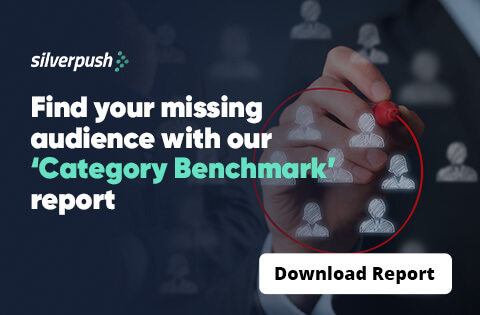Understanding the Effects of Cognitive Shortcuts on Consumers’ Perception of Ads | 25 Nov, 2021

The human brain is the most sophisticated organ of the human body. Research shows that human brain takes shortcuts when it comes to interpreting enormous information.
Although these shortcuts or cognitive schemas help in organizing and interpreting information, they can make people leave out new apposite information in favor of the information they already have, operate on preconceived notions, or unknowingly form untrue associations.
How human brain responds to ads has emerged as a topic of great interest for marketing professionals, display advertisers, and YouTube advertising companies. Research shows that reaction of people to an ad is affected by the ad’s environment, and cognitive schemas can influence the outcome of an advertising campaign. This article discusses how cognitive schemas affect people’s perception of ads.
An eye-tracking study for mapping eye movement patterns on a web page has revealed that availability bias affects people’s viewing of ads, i.e., people make an assumption about the location on a web page where an ad will be displayed on the basis of appearance of previous ads. Due to this cognitive schema, people tend to automatically not look at the ad hot spots, i.e., locations where ads usually appear.
Research shows that people give a look to an object on a web page that doesn’t interest them, then move their eyes from that area, and avoid focusing on that spot on that web page. Sometimes, they stop focusing on that area on other web pages of the same website, and may even do so on entirely different websites.
This means that if an ad of a display or video ad agency appears in a usual ad spot, for example on a sidebar, then it is important for that agency to have a great first impression of its ad, otherwise the ad may be overlooked.
Human mind considers objects on a web page that are close together, or are of the same color, size or shape, as related. Therefore, ads that are placed adjacent to unsavory content have a higher chance of being overlooked. Context plays a vital role in success or failure of an ad. By using contextual ad targeting, marketers can place their ads against contextually relevant and brand suitable content. Contextual advertising boosts the chances of user engagement.
In relation to advertising, a cognitive bias exists towards high-quality websites. High-quality websites are sites with low brand risk, whereas low-quality websites are those that have moderate brand risk. Research shows that an ad placed on a high-quality site generates a highly positive reaction, while the same ad when placed on a low-quality site, gets actively disliked. People show higher engagement on high-quality websites in comparison to low-quality sites, and this engagement also gets passed to the ads running on these websites.
While creating advertising strategies, marketers should keep in mind the above examples of cognitive schemas. In order to avoid availability bias, a brand and its partner display or YouTube video advertising company should use a tempting creative that casts a great first impression on audience. Besides attractive creatives, ads should contextually align with the surrounding content. The surrounding content should not only be safe or unharmful in order to ensure brand safety, but should also be brand suitable.

BLOGS
Migrate from Oracle to Silverpush: Unlock Advanced Contextual Advertising Solutions
The news that Oracle plans to shut down its advertising business by the end of September has sent shockwaves through the ad industry. Once the most prominent advertising data seller in the market, Oracle is now closing its advertising division. This included Datalogix for offline consumer data, Grapeshot for contextual ...

BLOGS
Cannes 2024 Recap: Silverpush Takes AI Discussions to the French Riviera
As Cannes 2024 concludes, the echoes of vibrant discussions, insightful panels, and significant meetings continue to resonate. This year’s central theme was clear: AI's growing dominance in advertising solutions, optimizing campaigns for business outcomes, and reaching audiences effectively across various screens. With videos becoming increasingly digital, the potential for more addressable ...

BLOGS
UK Programmatic Advertising Spending & Trends in 2024
In 2023, programmatic advertising spending in the UK reached roughly £30.6 billion. The programmatic display advertising market is projected to grow by 12.6% in 2024, bringing it to within just four percentage points of becoming fully programmatic. This highlights how integral this technology has become to the UK ad industry. ...







